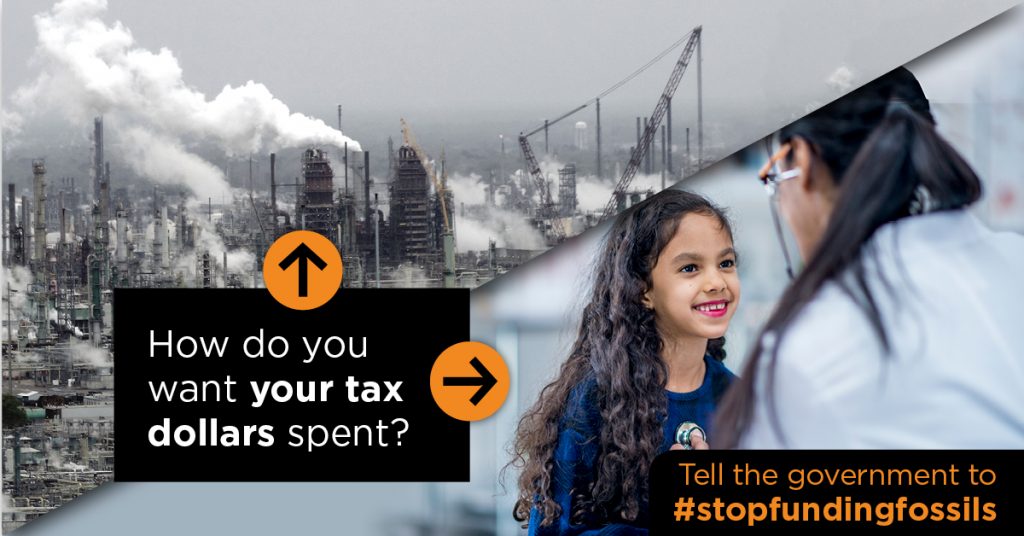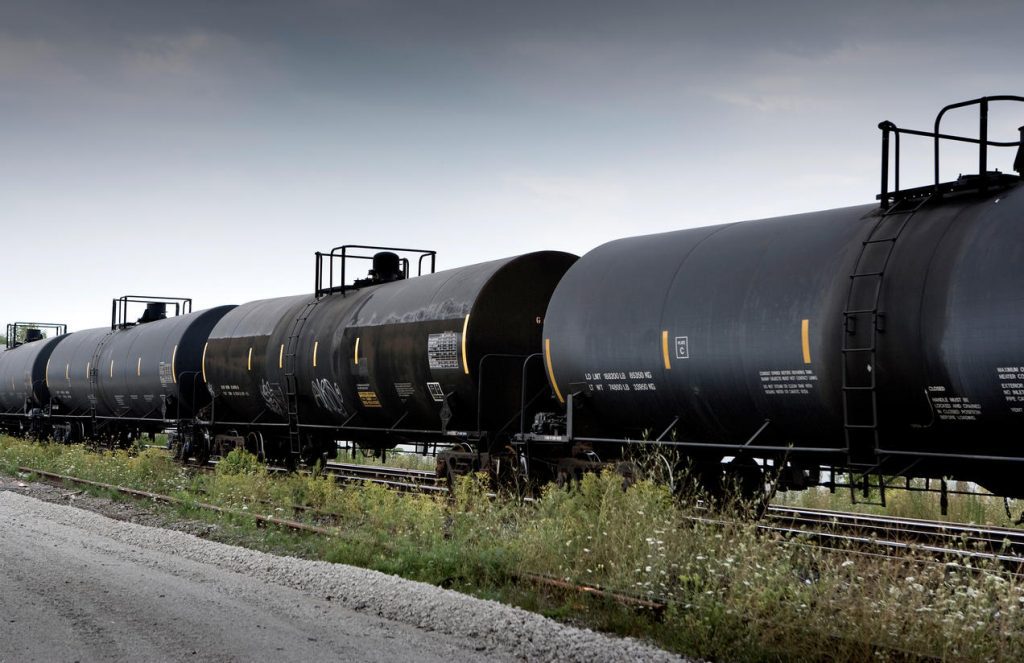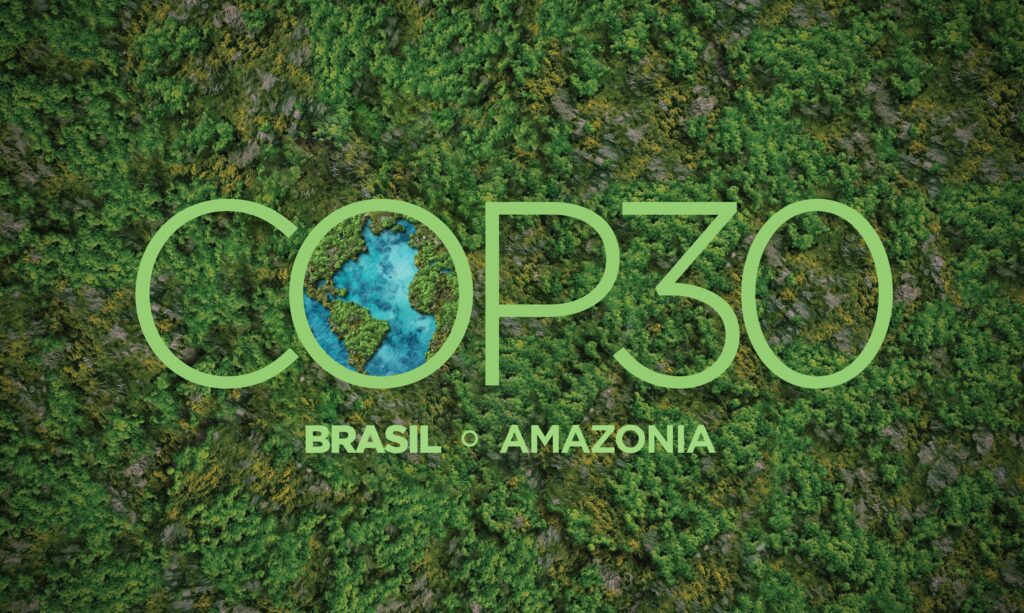Over the last week, Canadian governments offered four new public subsidies to oil and gas companies, an alarming step backward from the longstanding promise to end public support for fossil fuels.
Tell the government to stop funding fossils.
Oil and gas companies tend to grumble and whine about regulations and policies to cut pollution, but in reality they’re getting special treatment. Already, the federal government gives billions of dollars in subsidies to oil and gas companies every year. In fact, Canada is the largest provider of government support for oil and gas production per unit of GDP in the G7. The federal government and B.C. governments are handing out $6.6 billion in public money to build the biggest carbon polluting project in the province, LNG Canada. Alberta provides even more subsidies than the federal government to oil and gas companies. And Canada spent $4.5 billion of taxpayer money to buy a tar sands pipeline that nobody else wants.
Sure enough, the last seven days brought billions of dollars in new provincial and federal subsidies.

Petrochemical subsidies
Last week, the Alberta government increased its subsidization of petrochemical upgrading, a process that helps manufacture fossil fuels into petrochemical products like plastics and fertilizers. The province announced it would nearly double the amount of money—including royalty credits, grants and loan guarantees—going to the Petrochemical Diversification Program from $600 million to $1.1 billion. Last Thursday, it announced another $500 million for partial upgrading in Alberta, which is designed to turn heavy bitumen into lighter oils that are easier to flow through a pipeline to be refined.
Carbon Tax Exemption for oil drillers
The same day, Alberta Premier Rachel Notley announced a new exemption from the province’s carbon tax for the oil drilling sector. The new tax break will allow drilling companies to get a rebate on fuels they use on drilling sites, retroactive to January 2017. The exemption will cost Alberta taxpayers up to $1.5 million per year.
Accelerated Investment Incentive
Not to be outdone, the federal government gave another public handout to the oil and gas industry last Wednesday. In its Fall Fiscal Update, the feds announced that companies would be able to immediately write off the full costs of new machinery and equipment.
This incentive is intended to encourage investment across the Canadian economy, but it can be accessed by the oil and gas industry and is likely to lead to more carbon pollution. The cost of the tax break is not broken down by sector, but it could easily mean hundreds of millions of dollars in subsidies for climate polluters. The Finance Minister himself called the change “advantageous” for the oil and gas sector.
New oil trains
After a week that saw three new subsidies in three days, the Alberta government went even further on Wednesday with an announcement that it would buy new trains to transport an additional 120,000 barrels of oil per day out of the province. Premier Notley did not provide a cost estimate, but the announcement comes days after she demanded that the federal government pony up for a similar oil-by-rail proposal that would cost $2.6 billion. The feds hinted that they are not interested, so Alberta is doling out the public cash itself.
Not only is increased oil-by-rail transport dangerous, as seen by the tragic rail accident that blew up the Quebec town of Lac-Mégantic, but it takes track space away from other commodities like grain, lumber and minerals. The new rail capacity will also do very little to increase the price fetched by Alberta producers for a barrel of oil and it will not come fully online until 2020.

#stopfundingfossils
There is an urgent need to shift public finances away from carbon polluters. Canadians want their money invested in climate solutions, not the companies that are causing climate change.
Perhaps the government needs a reminder that it has a longstanding commitment to phase out fossil fuel subsidies – if you haven’t already, please send them an email. We should be working toward the elimination of these handouts, not adding more.









